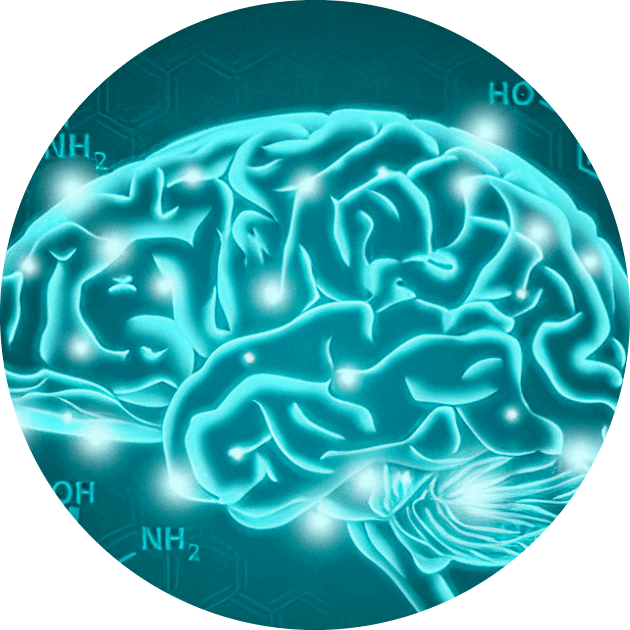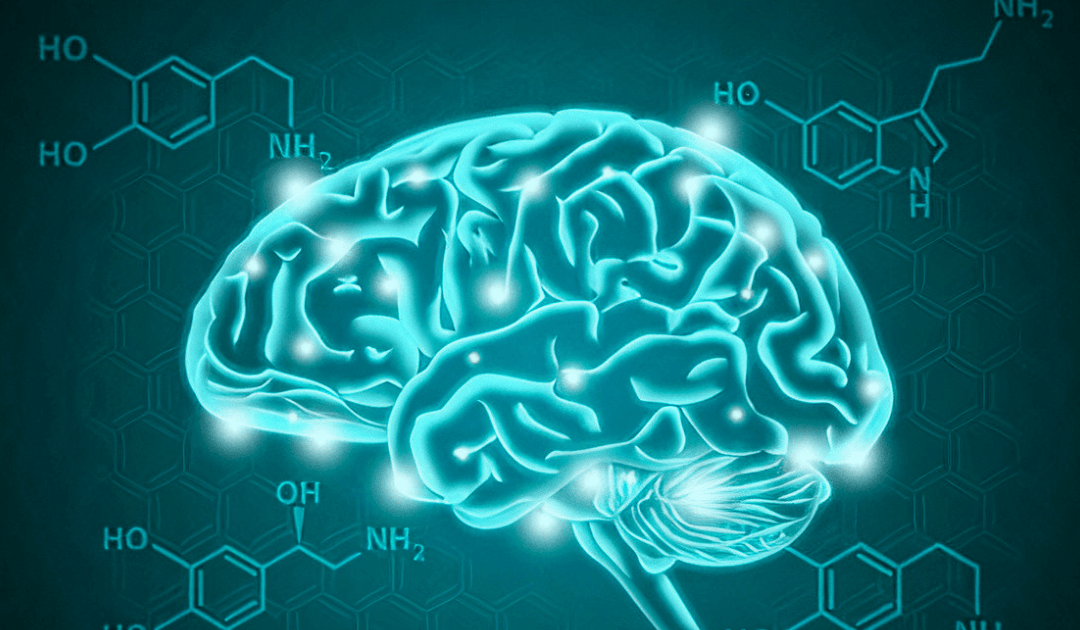
Recent research has shown that glutamate, a neurotransmitter involved in the excitatory pathways of the brain, plays an important role in the development of ASD. In this blog post, we will discuss the link between glutamate and Autism and how understanding this connection may help to improve diagnosis and treatment of the disorder.
Glutamate and Its Role in Autism
Glutamate is an excitatory neurotransmitter that plays a key role in cognitive and behavioral functions. It is also implicated in autism spectrum disorder (ASD). Neurotransmitters are chemical messengers released by neurons to send signals to other cells. Glutamate is one of the most abundant neurotransmitters in the brain and is important for the normal functioning of nerve cells. It is involved in many processes including learning, memory, and synaptic plasticity. Studies have found that glutamate levels are altered in individuals with ASD. This suggests that there may be a link between glutamate and ASD.
It has been suggested that alterations in glutamate signaling could be involved in the pathophysiology of ASD. Glutamate acts on ionotropic and metabotropic receptors, which can regulate neuronal excitability. Disruptions in the glutamate system have been linked to a variety of neurological disorders including epilepsy, schizophrenia, and autism. Imbalances in glutamate signaling have been linked to an array of behavioral and cognitive problems seen in ASD. Research suggests that abnormalities in glutamatergic neurotransmission could be a contributing factor to some of the symptoms associated with ASD.
Glutamatergic neurotransmission in ASD
Glutamatergic neurotransmission is a key component of the neurological and physiological functioning of the brain. It plays an important role in learning, memory, and emotion regulation. In Autism Spectrum Disorder (ASD), there appears to be an imbalance in this system that can lead to a variety of symptoms.
Studies have found that glutamate concentrations in the brains of individuals with ASD are generally higher than those of their typically developing peers. This increased concentration can lead to an over-activation of the excitatory pathway, resulting in excitation of neurons that would normally remain inactive. This excitation can lead to a variety of symptoms associated with ASD, such as hyperactivity, impulsivity, and difficulty regulating emotions.
Other research suggests that the glutamate receptor system may also play a role in the social difficulties seen in individuals with ASD. Specifically, there may be a decrease in the activity of certain receptors in the brain, resulting in decreased social processing skills and deficits in social communication.
Overall, glutamatergic neurotransmission is an important factor to consider when trying to understand the underlying causes of autism spectrum disorder. Understanding how this system works can help researchers to better identify potential treatments and interventions to improve the lives of those with ASD.
Clinical Implications
The role of glutamate in autism spectrum disorder (ASD) is increasingly being recognized. Studies have shown that dysregulation of the glutamatergic neurotransmission system is associated with symptoms of ASD, such as social deficits, communication problems, and repetitive behaviors. This suggests that targeting the glutamate system may be a viable therapeutic approach for treating the symptoms of ASD.
One possible way to target the glutamatergic neurotransmission system is through the use of medications that modulate glutamate levels. Several medications have been studied for this purpose, including memantine, an NMDA receptor antagonist, and lamotrigine, an antiepileptic drug that has been found to reduce repetitive behaviors in some patients with ASD. Additionally, there are a number of nutritional supplements that contain glutamate-related compounds, such as taurine and glycine, which may be beneficial for reducing symptoms in some people with ASD.
Other approaches to targeting the glutamatergic neurotransmission system in ASD include behavioral therapies and deep brain stimulation. Behavioral therapies, such as Applied Behavioral Analysis (ABA) and Early Start Denver Model (ESDM), focus on teaching children with ASD how to cope with social situations and communication issues by providing a structured learning environment. Deep brain stimulation involves implanting electrodes into specific parts of the brain to modulate neural activity and has been used to reduce repetitive behaviors in some patients with ASD.
In summary, evidence suggests that dysregulation of the glutamatergic neurotransmission system plays a role in the development of ASD. Targeting this system through medication, nutritional supplements, behavioral therapies, or deep brain stimulation may be effective treatments for reducing the symptoms of ASD.
How to regulate the glutamatergic neurotransmission system with nutritional supplements
Nutritional supplements are an important part of autism treatment as they can help regulate the glutamatergic neurotransmission system.
Nutritional supplements can be used to modulate the activity of glutamate in the body, thus helping to reduce symptoms related to ASD. Omega-3 fatty acids are one type of supplement that may be beneficial for reducing inflammation and oxidative stress in the body, both of which can contribute to glutamate dysregulation. Vitamin D has also been shown to be beneficial in regulating glutamate levels, as well as providing other general health benefits.
Other supplements that may help regulate glutamatergic neurotransmission in ASD include:
- N-acetylcysteine (NAC), which is a precursor to the antioxidant glutathione
- Vitamin B6 and B12, which are essential for methylation and can help with the regulation of neurotransmitters
- Curcumin, which is derived from turmeric and helps to modulate inflammation
- Magnesium, which is important for nerve transmission and regulating neurotransmitters
- L-theanine, which is an amino acid found in green tea and helps to reduce anxiety
- Zinc, which is an important mineral for cognitive development
Additionally, it is important to speak to your doctor before beginning any supplement regimen as some supplements may interact with medications or cause adverse reactions.


